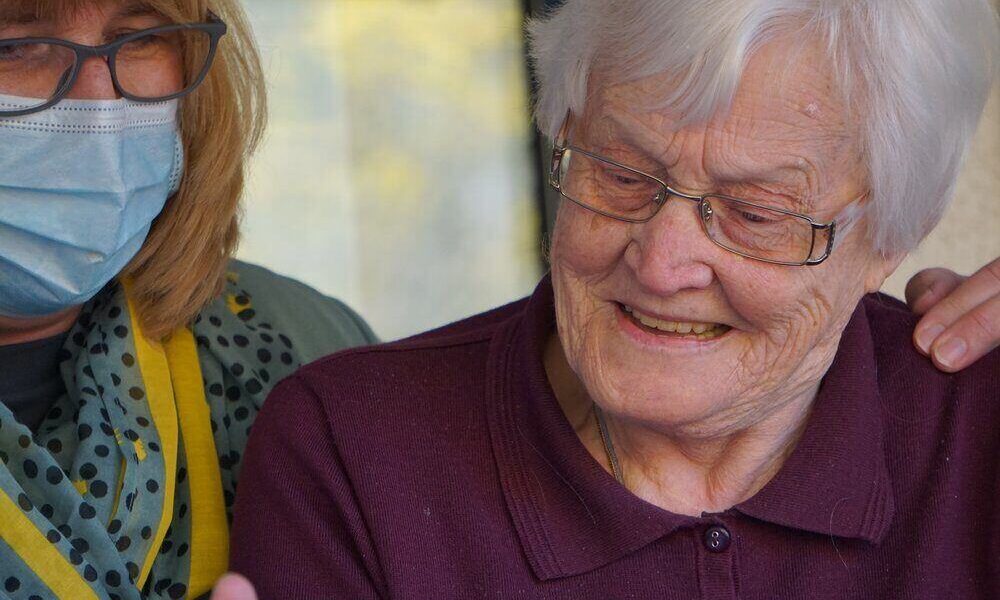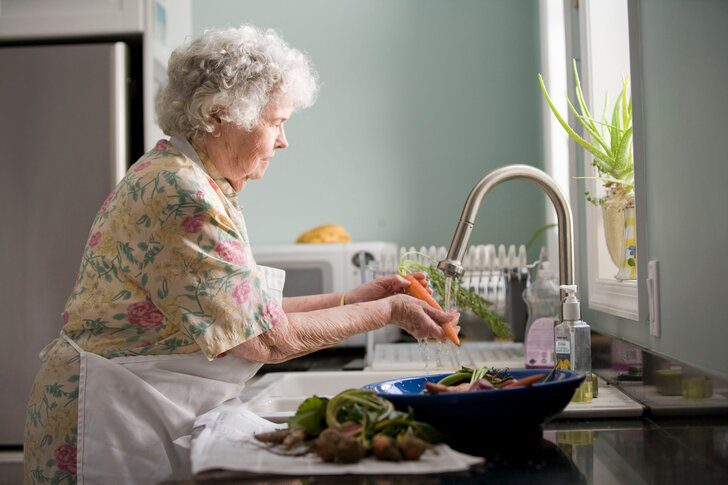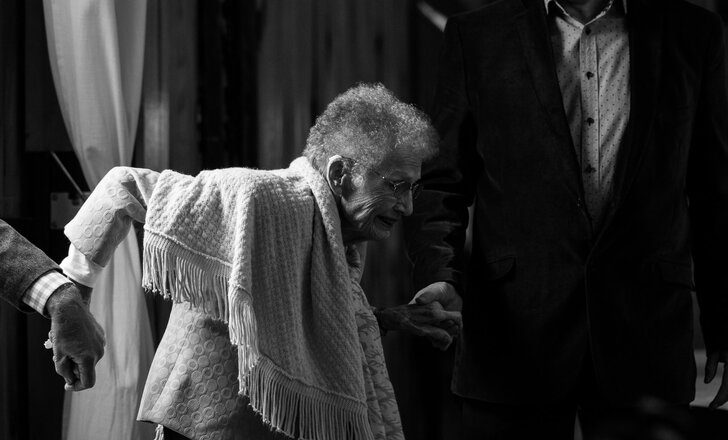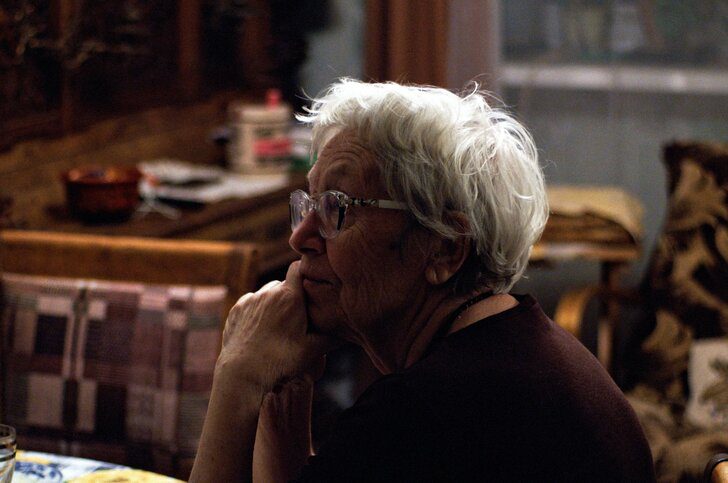
3 Signs Your Aging Parent Needs a Caregiver

Last year was tough on everyone. People got separated from their families, lost their jobs, stopped meeting their friends, went through mental breakdowns, and experienced a bunch of weird stuff. It’s no wonder that now that we’re kind of reuniting with our loved ones, many feel like something’s not the same about some members of our families, especially the elderly. Experts say much of this could be due to social isolation.

CDC/Unsplash | The social isolation resulting from the pandemic has resulted in behavioral, physical, and cognitive changes in several elderly people
According to a National Institutes of Health (NIH) study, social isolation could amplify sleep deprivation, fatigue, and depression in senior citizens. It could lead to behavioral, physical, and sometimes, even cognitive changes.
So, it’s natural for you to feel the need to take extra care of your elders. Some of you might even want to become their constant caregivers. But is that enough? Will it help them with their problems?
Is becoming a caregiver a good idea?
Though becoming a caregiver for your aging parent could be the noblest job, it’s not always a good option. Sometimes that person could need medical attention or simply a friend, and you might not always be available, or worse, be a misfit.
An associate professor of Geriatrics and Palliative Medicine at the Icahn School of Medicine, Dr. Jennifer Reckrey, says the needs of one senior could completely differ from others. She suggests one should look at the behavioral changes in the senior person and then decide whether or not to approach a professional.

Alex Boyd/Unsplash | Sometimes, all that an elder needs is medical attention or simply a friend
When to call a professional?
Noticing these changes wouldn’t be very simple. You’ll have to observe keenly to spot the problems if any. The trick lies in not being pushy but staying calm.
Behavioral Changes
When you’ve spent years with a person, you know what he or she’s like. For instance, a person who has been calm all his life could lately be irritated at the smallest of things. Things like late payments, unopened mails, bounced checks could make him furious. If you’re noticing such changes in a family member, you need to call for professional help.
Physical Changes
Again, these are also easily identifiable. If a senior is losing a lot of weight, following an uneven diet pattern, having trouble moving or sitting in one place, or avoiding personal hygiene, he or she is struggling.
Sometimes you might notice some bruises or cuts on that person’s body, and when you ask, they’d avoid that question. Chances are they’ve got these in an accident or by falling, and they’re embarrassed to share it with you. In such circumstances, you should contact a professional and follow their advice.
Cognitive Changes
Usually, with age, people’s mental ability weakens. But that doesn’t mean they won’t remember basic things like taking their medicines, doctor’s appointments, or other important stuff. Forgetting something once or twice is natural, but doing it constantly might be a sign of early dementia or Alzheimer’s disease.

Artem Labunsky/Unsplash | Forgetting something once or twice is natural, but doing it constantly might be a sign of early dementia. Be watchful of such signs
The golden rule
By now, you might have figured out the problem, and you would even be ready to take a professional caregiver’s help. But before you take any step further, talk to your elders and explain to them why it’s important to do so. Talk sensibly and say that it’s for their benefit and how it’ll give them the chance to enjoy some personal time. Keep in mind that if you do the reasoning correctly, things will become simpler with time.
More in Family
-
`
What Does Gen Z Look for in Movies & TV Shows?
There is something distinctly different about the way Gen Z consumes content. Their preferences on screen are more than just entertainment....
December 7, 2023 -
`
Family Wellness Escapes: Prioritizing Parents Well-being in Travel
In the hustle and bustle of family life, parents are stepping up their travel game, and it’s not just about the...
December 2, 2023 -
`
How to Turn Your Everyday Into a Special Day
Do you ever feel like your days are slipping away, blending into an unremarkable blur? We have all been there. But...
November 20, 2023 -
`
What to Do If You Can’t Afford to Pay Your Energy Bills
All of us had that moment when opening the dreaded envelope made our heart race a tad faster. That cringe-worthy moment...
November 18, 2023 -
`
Celebrity Feuds: Taylor Swift vs. Scooter Braun
Pop culture has always been flavored with a touch of intrigue – and there is nothing more riveting than a good,...
November 9, 2023 -
`
Parenting | How to Raise a Committed, Hardworking Child
Parents navigate the intricate path of supporting their children’s academic and personal growth as the new school year begins. For some...
October 31, 2023 -
`
Everything You Need to Know Apple AirTags
There is something oddly satisfying about the universe of Apple gadgets: Just when you think they have reached the peak of...
October 28, 2023 -
`
Buying a New House With $100k Salary? Here Are the Top 8 Places to Move to
So, you are raking in a cool $100k annually and have your sights set on planting roots and buying a house?...
October 19, 2023 -
`
Celebrities We’re All Hoping to See Making a Grand Comeback
There is a certain nostalgia that strikes when you hear an old favorite song on the radio, instantly transporting you back...
October 12, 2023















You must be logged in to post a comment Login